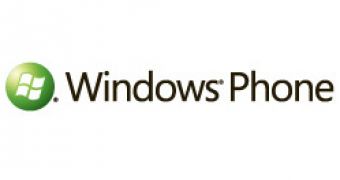Recently, questions regarding users' privacy when on mobile phones emerged, following news on location data being collected by various devices on the market, and Microsoft has just released a statement on the matter. In a world in which smartphones have become an important aspect of users' lives, the availability of services is of great importance too, including that of some services that are based on location.
This is why the handset needs to know user's location to provide a better experience, Andy Lees, President, Mobile Communications Business, Microsoft, notes in a recent blog post.
“Location data can lead to better search results, provide useful information like local movie options and directions to the nearest coffee shop, and help you find nearby friends for an impromptu get together. This means that companies have the ability to gather a lot of data about users,” he states.
However, when on Windows Phone 7, users are offered control over the sharing of their location, Lees states, adding that the data is collected only to provide a better experience to users.
The location-based features are expected to function as a tool for the user and the applications used, and not against the mobile phone owner.
The location-based services in Windows Phone are based on several principles, Microsoft notes:
- User Choice and Control: users would have to expressly allow for location data to be collected, and can also disable the access to location data for specific applications, or for the entire phone - Observing Location Only When the User Needs It: location data is collected only when the allowed application requests it - Collecting Information About Landmarks, Not About Users: the service is focused on finding landmarks (nearby Wi-Fi access points and cell towers) and not the user. - Transparency About Microsoft’s Practices: users can learn more on the company's location data collection practices. Users can head here for the Windows Phone Privacy Statement, or here for a Q&A.
“We’ve recently taken specific steps to eliminate the use and storage of unique device identifiers by our location service when collecting information about these landmarks. Without a unique identifier or some other significant change to our operating system or practices, we cannot track an individual device,” the said post reads.
Andy Lees also states that Microsoft is committed to provide a clear understanding of their practices to all Windows Phone 7 users out there, as well as to deliver simple effective tools that would help them protect their data.
“We believe that our careful and deliberate approach to user privacy in the development of the Windows Phone 7 operating system reflects Microsoft’s commitment to give users informed choices about the collection and use of location information and reflects our intent to facilitate the delivery of device location information solely at the user’s request and solely for the user’s benefit,” Lees notes.

 14 DAY TRIAL //
14 DAY TRIAL //